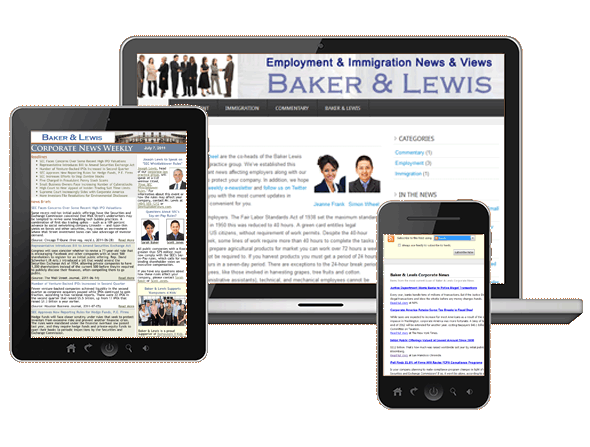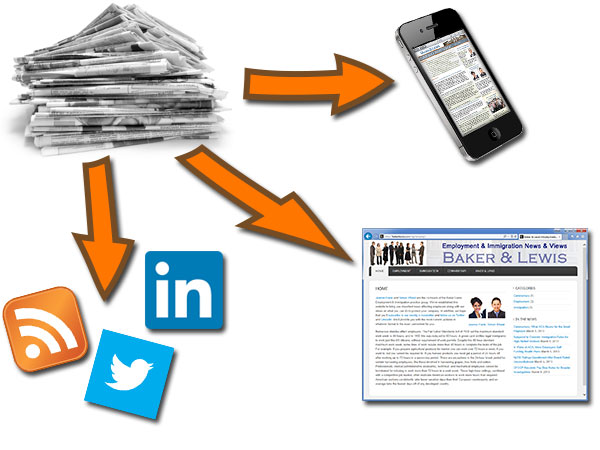cc:Clients
Curated Content. Delivered.
-

Curated Content. Delivered.
e-newsletters, microsites and news feeds for client communications -

Cultivate Clients
cc:Clients helps professional service firms cultivate new clients and generate more business from existing clients through our exclusive communication tools.We make it easy – and worthwhile – for you to connect with all of your clients and prospects on a regular basis. -

Compelling Communications
cc:Clients creates and delivers customized news-based communication products – including e-mail newsletters, microsites and news feeds – that are attractive and informative.Our turnkey products boost your professional image while allowing you to focus on providing real services to your clients, not wasting time with unproven marketing efforts. -

Curated Content
cc:Clients identifies and handpicks news relevant to your practice – news that your clients and prospects will appreciate.By packaging and delivering the news under your brand, with personalization, we position you and your firm as being “in the know” on issues important to your client base.
Content Marketing for Professional Service FirmsWe strengthen client relationships by embedding highly relevant news into e-newsletters, microsites and news feeds.cc:Clients provides timely, curated news content to law firms and other professional service firms as an important part of their business development and marketing efforts. Our customized products and services uphold and promote your firm’s brand and image, allowing you to generate more business with less effort. We make the technical details of aggregating and disseminating information to clients easy.  |
|